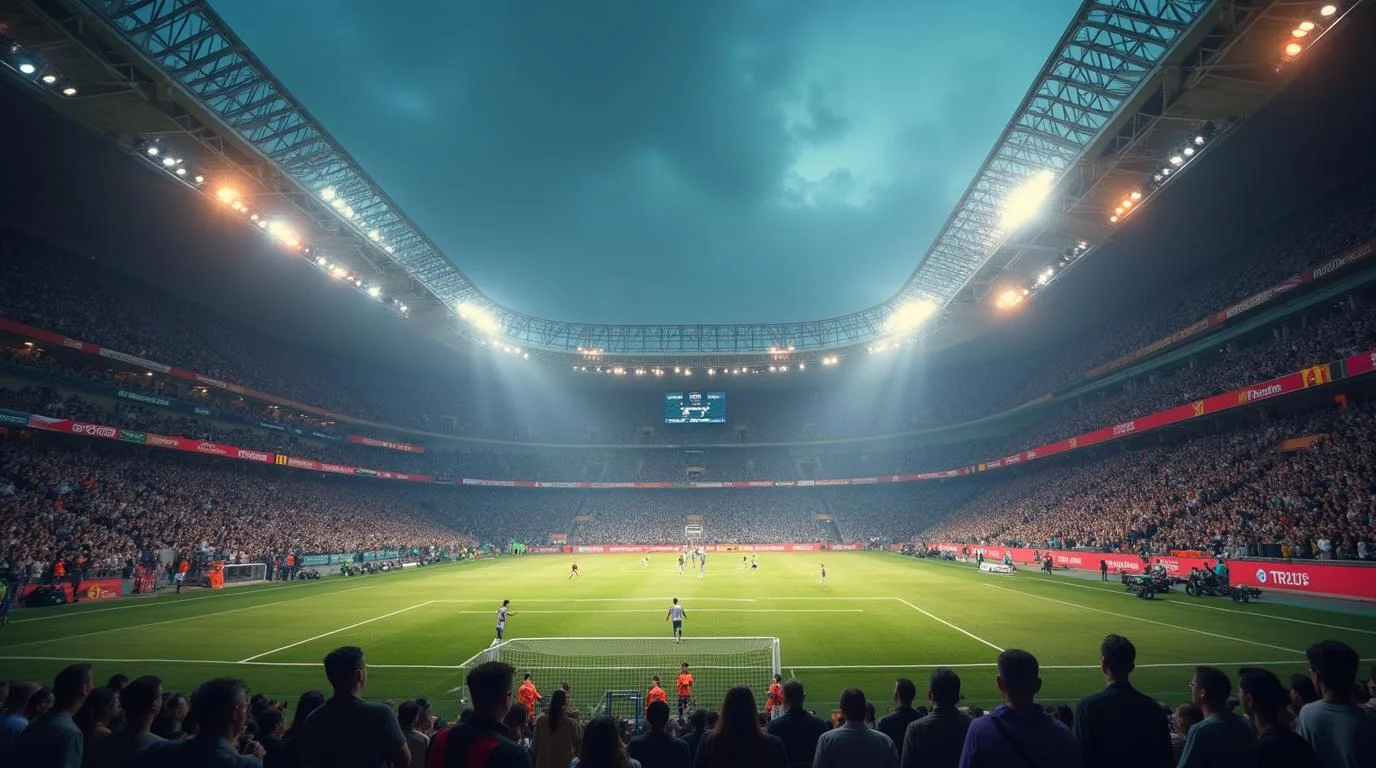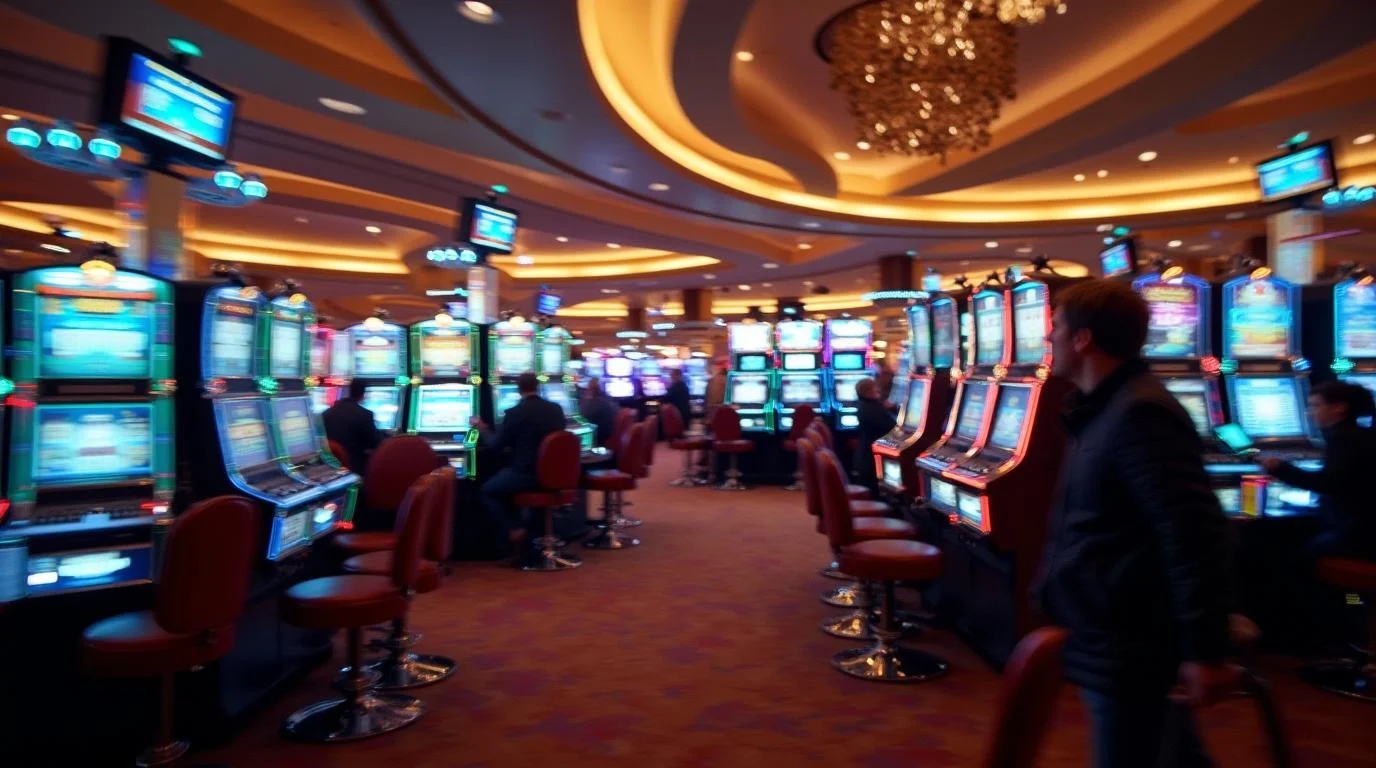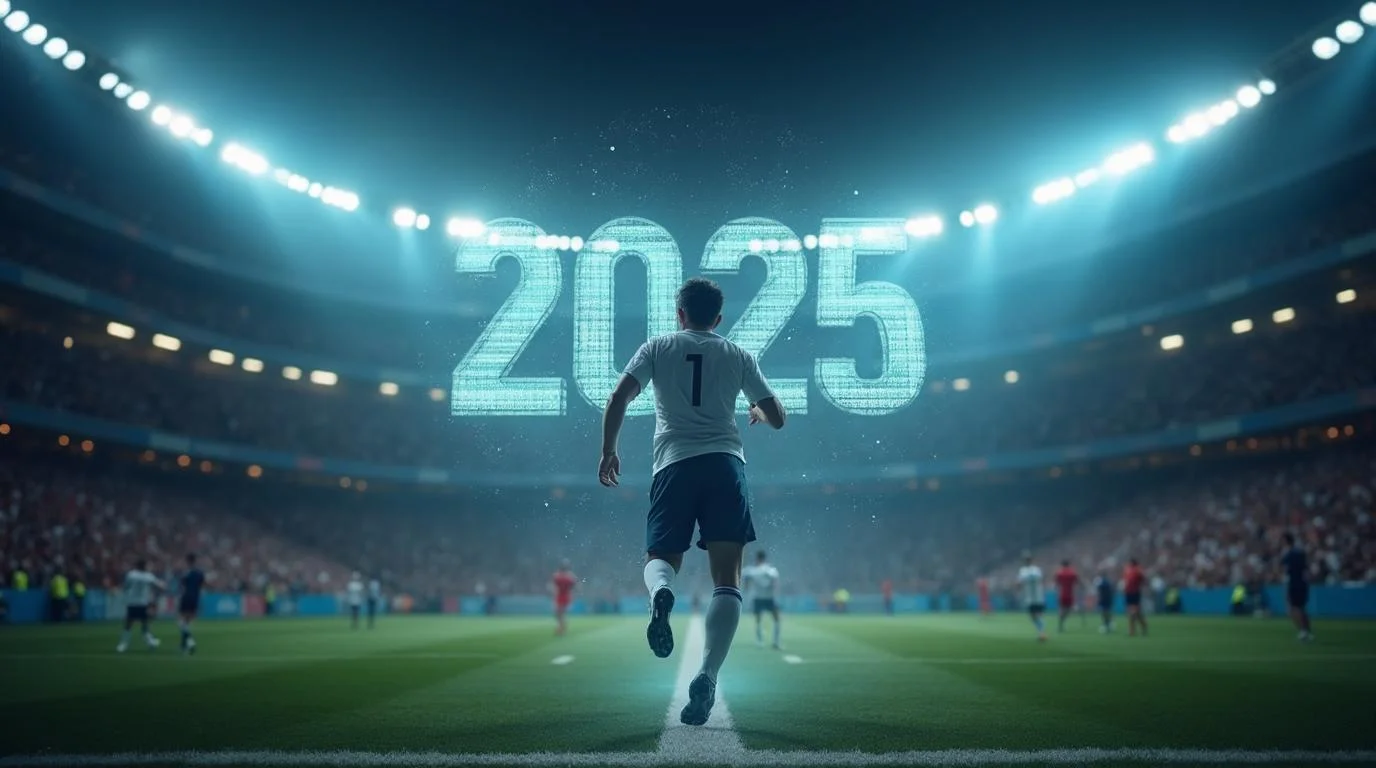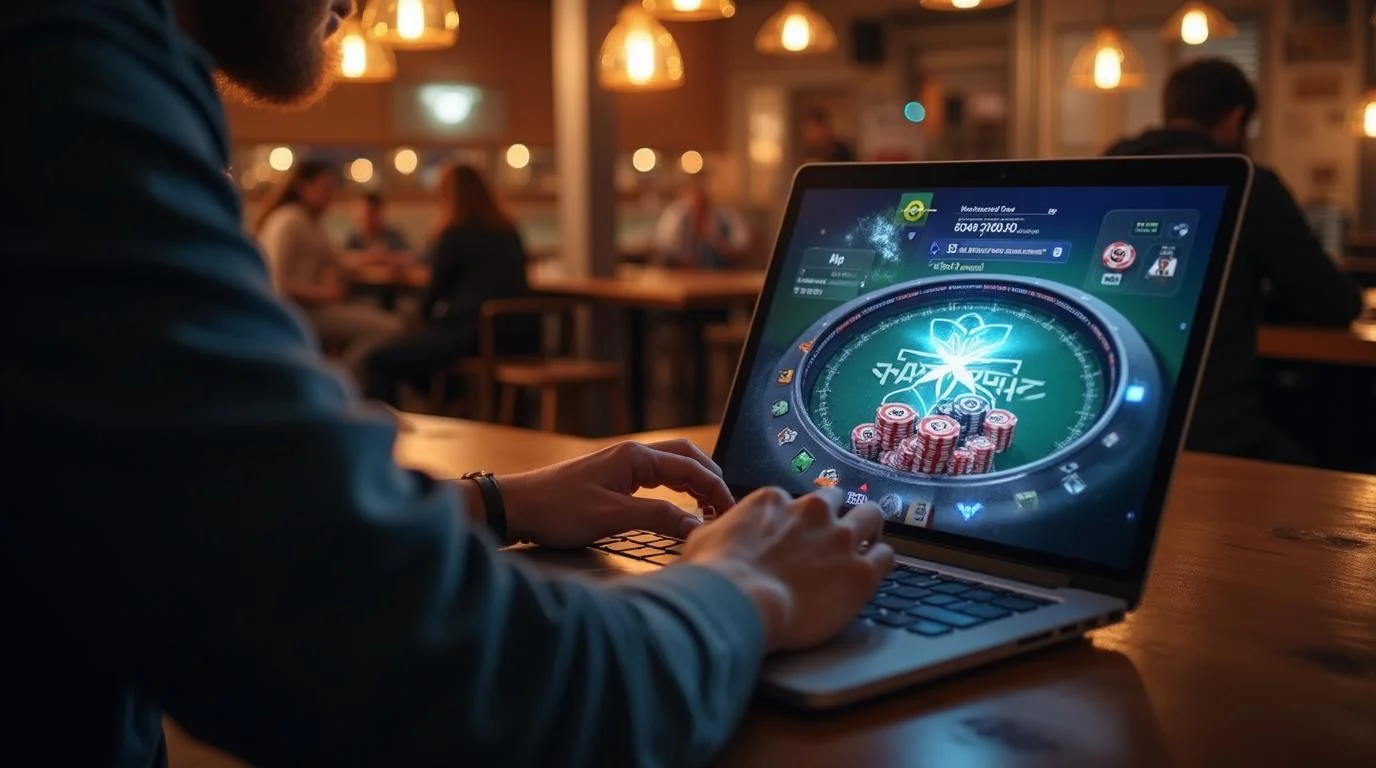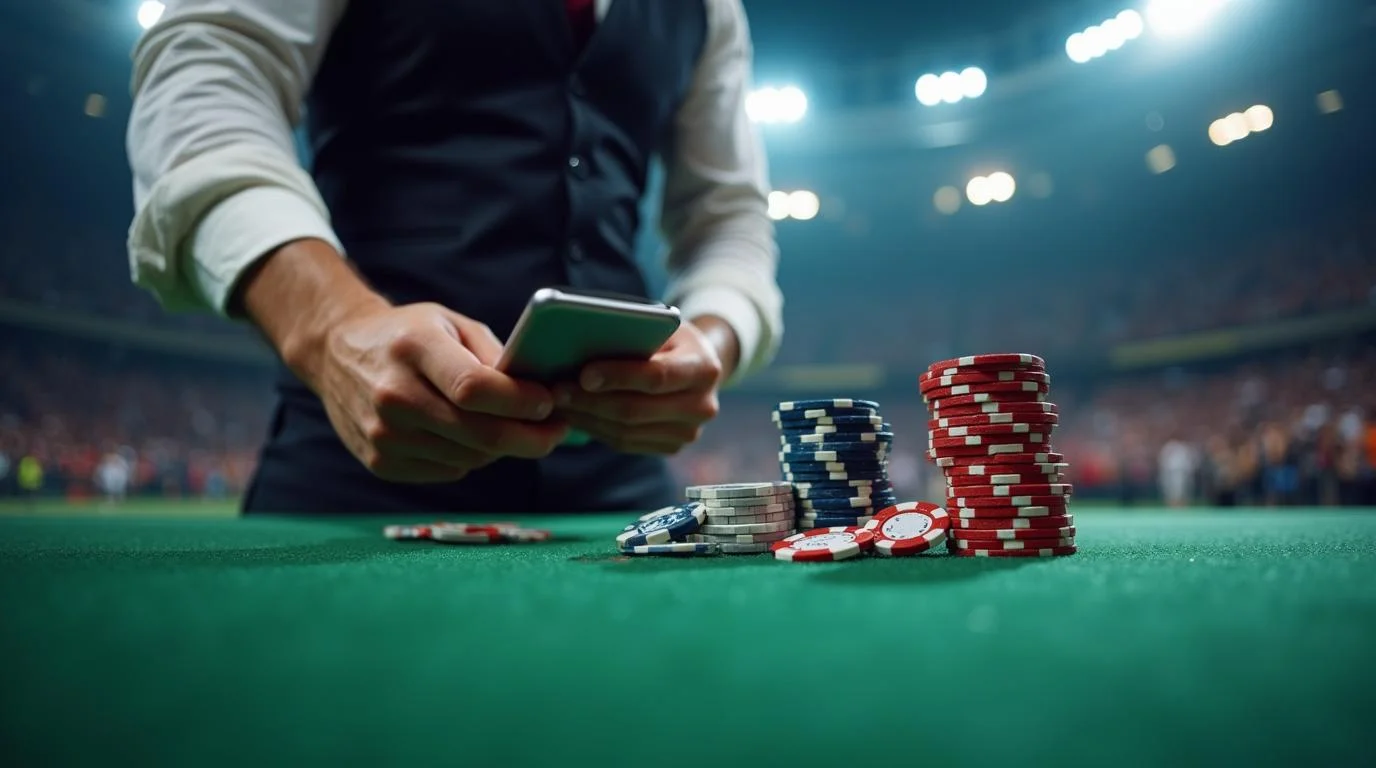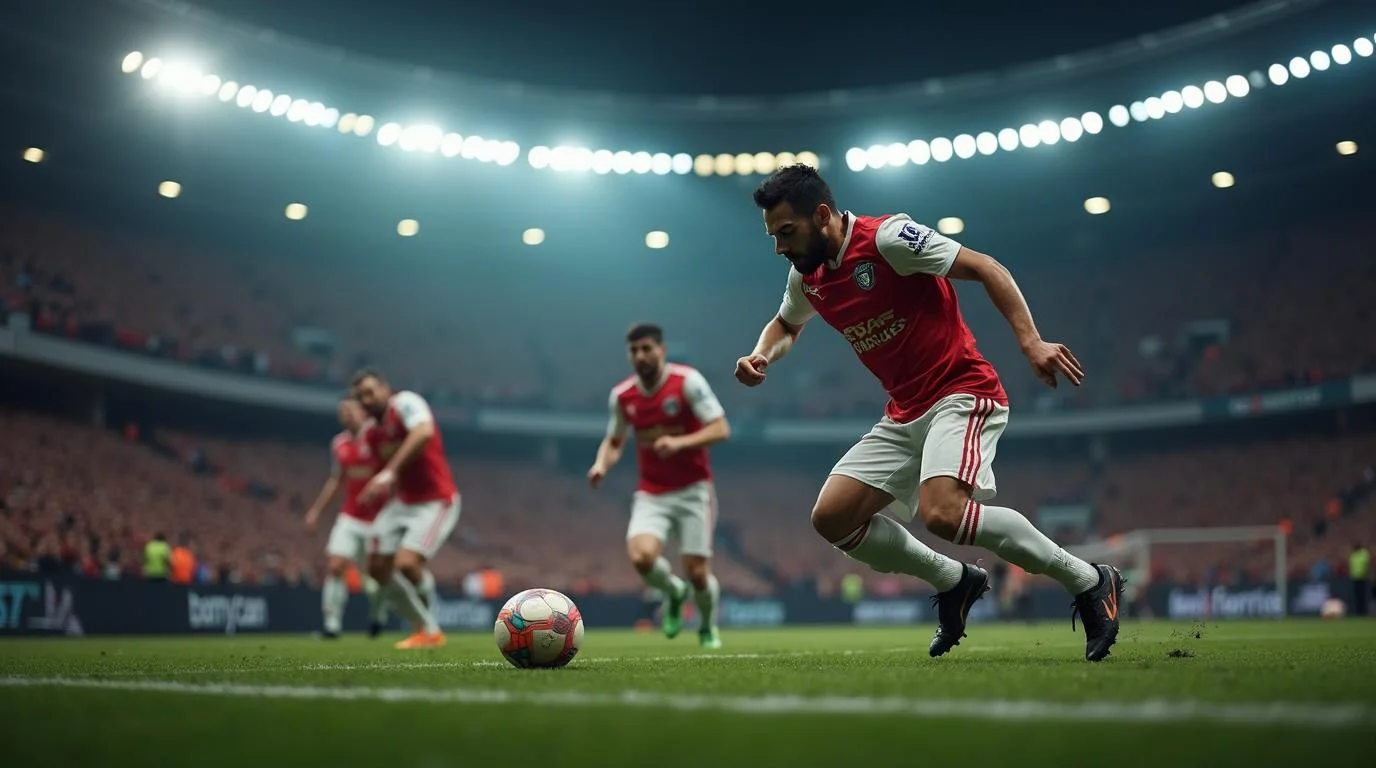The Debate Rages on for Skill Games in Pennsylvania as New Taxation Rulings Still to be Decided

1.0
Default
We reported a while back that skill games in Pennsylvania are embroiled in a legal debate and have yet to be classified as casino games, despite some proponents that argue that they are closer to games of skill rather than chance. But PA's lawmakers still haven't come to a decision and continue to be divided into two segments: those who believe that skill games should be taxed higher, and those who don't - and it all depends on how skill games will be recognized by the PA Supreme Court.
Pennsylvania's online casino site operators may be frustrated, but the tax on skill games in the state appears unlikely to become law soon. The debate over regulating game machines, now commonplace in many Pennsylvania gas stations, bars, and other locations, has been ongoing since the start of the year. Just as a potential resolution seemed within reach through a proposed taxation structure, a new court case has stalled any progress.
If you must remember, skill games in PA came under renewed scrutiny recently because some lawmakers wanted them taxed just like slot games found in casino establishments. State lawmakers and regulatory bodies continue to debate their legality, because these games, which require players to demonstrate skill to win, are popular in convenience stores and bars in PA, but their legal status remains ambiguous. Proponents argue that skill games provide entertainment and economic benefits, while critics claim they skirt gambling laws and reduce state lottery revenues. Recent legislative efforts aim to clarify regulations, potentially leading to stricter controls or outright bans. As discussions continue, the future of skill games in Pennsylvania hangs in the balance, impacting players and business owners alike. But the debate rages on, and the Supreme Court must make the ultimate decision.
Regulation hinges on the decision of the Supreme Court
Lawmakers in Pennsylvania are divided into two distinct camps regarding the taxation of skill games. State Governor Josh Shapiro, for instance, had come up with a 42% tax revenue in his budget address last February. Meanwhile, Senator Gene Yew has suggested a significantly lower 16% tax levy, which is currently under discussion by the Gaming Oversight Committee.
However, as of the moment, all references to the tax on skill games have been stripped from the Fiscal Year budget bill of 2024/2025. This decision comes as lawmakers wait for a ruling from the Supreme Court of PA, which is reviewing a prior Commonwealth Court decision that skill games do not constitute gambling.
A ruling that leaves Pennsylvania lawmakers waiting with bated breath
The forthcoming ruling will provide crucial direction for lawmakers who are currently grappling with complaints about cities like Philadelphia taking unilateral action by issuing a complete ban on all skill games.
In addition, the ruling will help determine the most appropriate taxation system. Governor Shapiro's proposal, which is similar to the 54% tax imposed on slot machines, may seem excessive if skill games are not classified as gambling. Conversely, if the Supreme Court confirms that skill games are indeed not gambling, Senator Yew's tax concession of 16% might be considered more reasonable.
As the Keystone State awaits the court's decision, it remains unclear which faction will ultimately prevail.












